Poll of the week: Would you pay for privacy in apps and social networks?
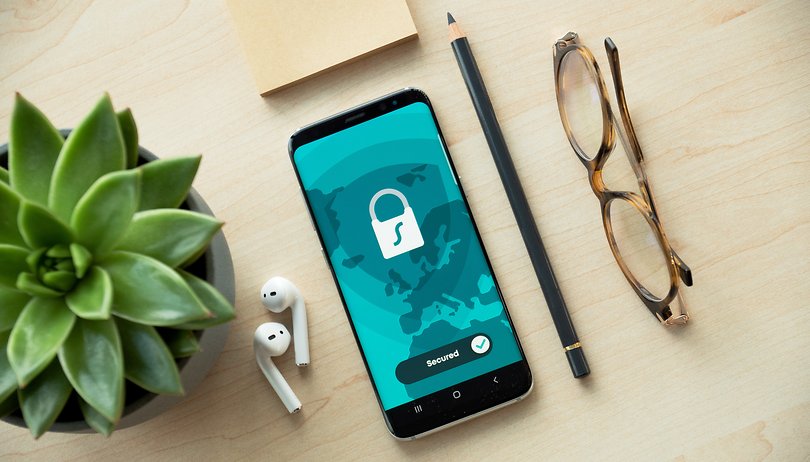

While tech companies debate about controlling personal data and privacy in apps and services, what if there was an option to opt out of being tracked, would people pay for it? That's what we asked the NextPit community last Friday, as part of our week's poll, and the results were interesting.
A phrase coined by Andrew Lewis says that "if you are not paying for it [product/service], you are not the customer, you're the product being sold". It helps to situate the current debate around privacy, with advertising companies and social networks questioning the greater control given by iOS to users over their personal information and browsing and consumption habits.
When we asked NextPit readers if they would be willing to pay for greater control over their personal data, we found different results in different domains.
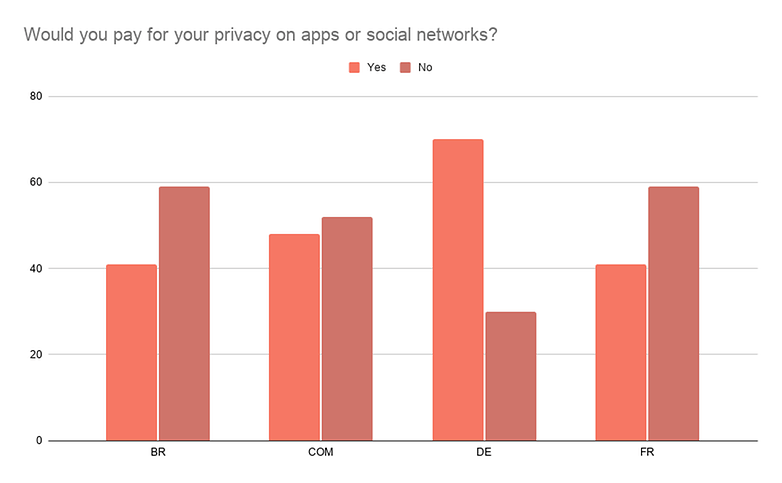
While Brazilians and French were less interested in paying for more privacy, readers of the site in English were quite divided (48/52% for yes and no, respectively).
The German community, on the other hand, has shown that it is much more concerned with the topic, with 70% of the responses saying that they would be willing to pay for apps and services not to access their personal data.
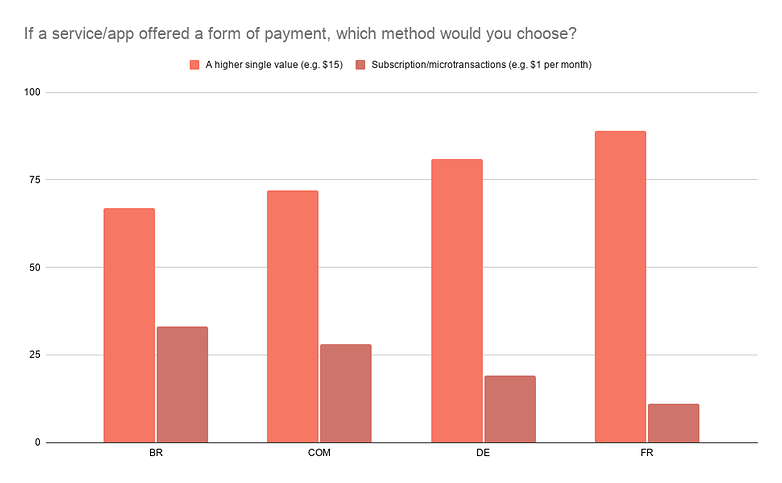
In the case of a payment option, the responses were unanimous in opting for a single payment instead of a monthly fee or recurring amount. At this point, the greater purchasing power of European readers may have weighed favoring the single payment method, while in Brazil, the greater impact of a lump sum (considering the lowest average wages in the country) and the widespread usage of instalment payments may have influenced the distribution of 67 and 33%.
Many readers have highlighted the inversion of values in a world that should treat privacy as an universal right. A point remembered among the French was that the country has a digital services tax (also known as the "GAFAM tax" for Google, Apple, Facebook, Amazon and Microsoft), which focuses on advertising and selling personal data, but ended up being passed on to the final consumer in the form of price adjustments.
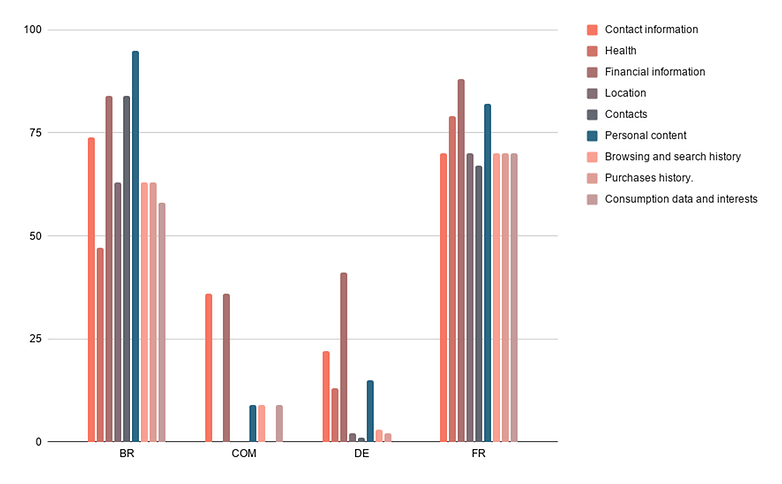
As for what types of data readers would be more inclined to pay in order not to be tracked, we had a difference in the generation of the poll, which should have been multiple choice. My apologies to the readers in the German and English websites. In any case, most of the readers expressed a concern to keep their financial information away from the companies' information bases.
Access to personal content such as photos and messages was also widely cited, especially in Brazil and France, while readers of the websites in English and German also showed a strong concern with contact information.
Interestingly, while in Germany and France health data stood out among the answers given, the information was the least cited in the responses of Brazilians. This result may be related to the advertising restrictions for medicines and medical treatments in the Brazilian media, but this is an analysis that would require more time and is slightly beyond the scope of this text.
Conclusion
The comments strongly emphasized that privacy should not be an option, and that the protection of personal data should be the standard. Many German readers have pointed out that they use the Threema messaging app, which is paid and has an anonymity policy and minimal collection of personal data from customers.
The responses from the NextPit community in the comments reflect the figures released by consultancy Flurry, according to which less than 15% of active users of the iOS system have allowed data tracking, while only 5% have turned off the option that forces apps to ask for authorization to access personal data.
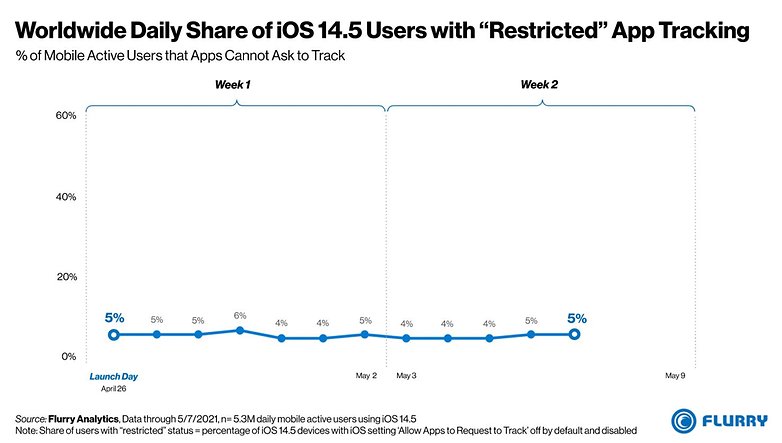
Although the survey is based on a fraction of the total iOS users - 5.3 million - the results show a much greater concern for privacy and data tracking than previously expected. A survey before the release of iOS 14.5 showed that 38.5% of respondents would allow their information to be tracked by apps on their mobile phones.
On the other hand, while German readers were more open to the possibility of paying to monetize apps and services in exchange for control of their data - the case of the aforementioned Threema -, the community in other countries was more divided, perhaps counting on a greater compliance with local data protection laws.
Thanks again to everyone who participated in the survey and to the readers who commented on the survey explaining their point of view and pointing out the lack of multiple responses in the survey in German and English. If you have an idea for an upcoming poll, feel free to suggest it in the comments field below!
Original article
One of the most repeated words in the world of technology in 2021 it seems that will be "privacy". As if the changes Apple implemented in iOS 14.5 weren't enough, Facebook found itself in a marketing storm after announcing changes to WhatsApp's rules. While many people claim to be concerned about their privacy and personal data, would they be willing to pay for it?
Apple announced in 2020 that it would give users more control over their personal data, but allowed app developers to prepare for the change - which turns tracking personal data into a new system permission.
The change finally went into effect with iOS 14.5, not without first raising a number of questions from advertisers - whose business model is based on getting the most information about their audience - and social networks, specifically Facebook.
Contrary to the expectations of even us (skeptical) editors of NextPit, Google announced that it will adopt greater transparency in the access of Android apps to personal data of users, but has not yet detailed how this will be done. It's not yet clear whether it will require apps to ask for permission to collect information.
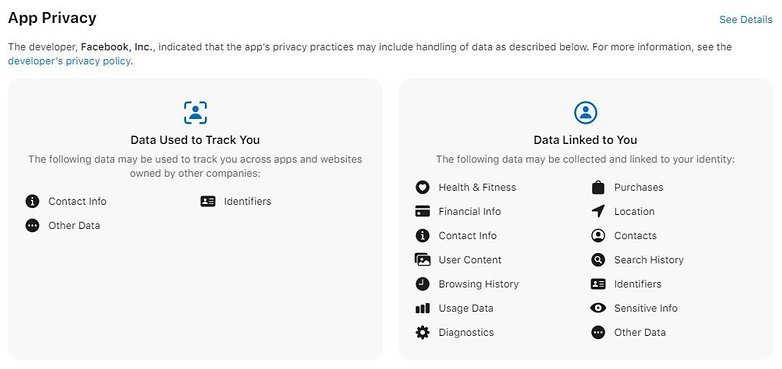
With that in mind, what if in order to completely disable personal data tracking, companies asked for a payment for your privacy, would you be willing to do it?
Applications like instant messenger Threema adopt a minimal personal data collection policy for a one-time fee of $3. In return, the company promises to store as little customer data as possible, offering not only privacy, but also anonymity.
If other apps and services offered the same commitment, if you had the option to opt for a payment model, would you choose to pay a lump sum or a privacy "subscription", with a small monthly or annual fee?
The discussion around the collection and use of personal data by websites and online advertising networks may have gained momentum after the adoption of data protection laws, such as the European GDPR. But traditionally, this has always been a concern in some countries, such as Germany and other northern European countries.
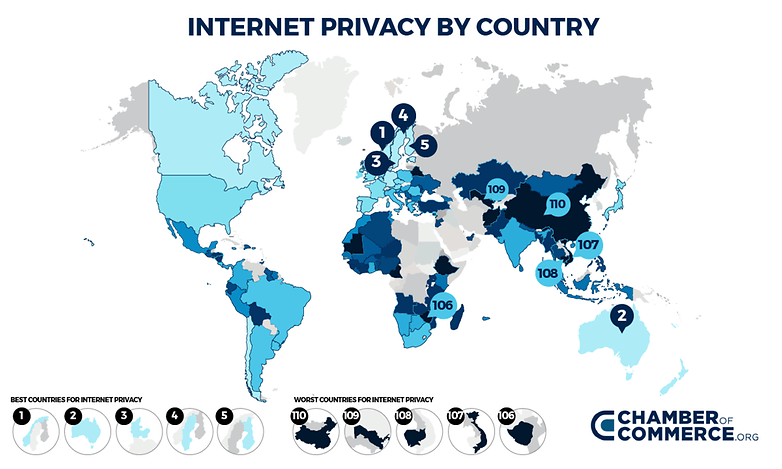
These recent legislations are the cause, for example, for those messages about the use of cookies on the internet, in some cases offering granular controls for what kind of data you allow the site or company responsible for the ads to store about you.
Some people even seem comfortable authorizing the collection of certain browsing patterns in exchange for the display of personalized ads and offers.
With that in mind, if Facebook or any other social network or app offered the option to opt-out of accessing or recording your data in exchange for a payment or microtransaction, what kind of information would you be willing to pay for to prevent access or storage?
With the implementation of WhatsApp's new privacy and personal data rules next week - May 15th - the topic is likely to come up again numerous times, including here on NextPit, so follow our website and social media for more articles related to the topic.
Before I say goodbye, I invite you to explain your answers in the comments field below. As my colleague Antoine Engels often reminds us, we are much more interested in the debate rather than the pure statistics. Moreover, the opinions and debates within the community help us improve the website and, of course, inspire new polls and articles.
Thanks to everyone who participated in this week's poll and see you again on Monday, when we'll discuss the different responses from the NextPit community around the world. Have a great weekend!
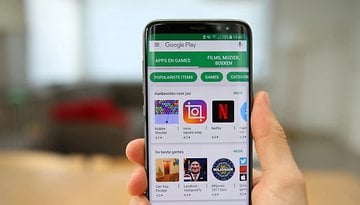













I wouldn't use apps as invasive as you have described. So there isn't a need to pay to opt out in the first place.